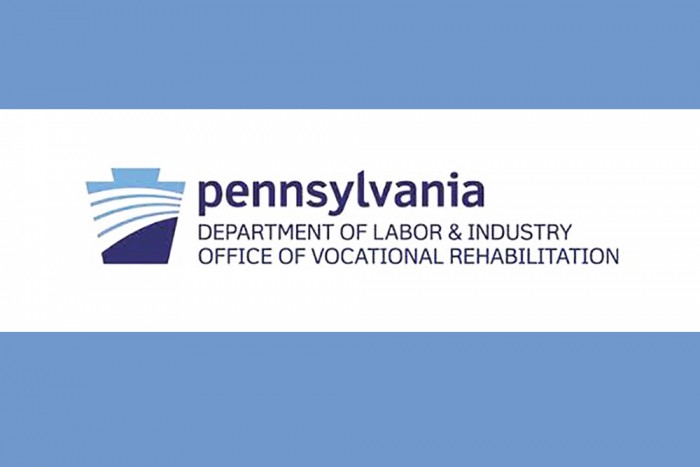On March 31, 2022, the Centers for Medicare and Medicaid Services (CMS) released the fiscal year (FY) 2023 inpatient rehabilitation facility prospective payment system (IRF PPS) proposed rule.
Some of the key provisions contained in this proposed rule include:
Proposed Updates to the FY 2023 IRF PPS Payment Policies
CMS is proposing to update the IRF PPS payment rates by 2.8 percent based on the IRF market basket update of 3.2 percent less than a 0.4 percentage point productivity adjustment. CMS is proposing that if more recent data becomes available (for example, a more recent estimate of the market basket update or productivity adjustment), they would use this data, if appropriate, to determine the FY 2023 market basket update and the productivity adjustment in the final rule. In addition, the proposed rule contains an adjustment to the outlier threshold to maintain outlier payments at 3.0 percent of total payments. This adjustment will result in a 0.8 percentage point decrease in outlier payments. The estimated overall IRF payments for FY 2023 would increase by 2.0 percent (or $170 million), relative to payments in FY 2022.
Proposed Permanent Cap on Wage Index Decreases
CMS is proposing a permanent 5 percent cap on annual wage index decreases to smooth year-to-year changes in providers’ wage index payments.
Soliciting Comments on the Office of Inspector General (OIG) Recommendation to Include Home Health in the IRF Transfer Policy
A recent Office of Inspector General (OIG) report that evaluated early discharges from IRFs to home health recommended that CMS expand the IRF transfer payment policy to apply to early discharges to home health. CMS is requesting feedback from stakeholders about potentially including home health in the IRF transfer payment policy, as recommended by OIG. CMS plans to analyze home health claims to determine the appropriateness of including home health in the IRF transfer policy, and is seeking comments to inform this future analysis and any potential future rulemaking.
Soliciting Comments on the Methodology for Updating the Facility-Level Adjustment Factors
CMS is seeking public comments regarding the methodology used to determine the facility-level adjustment factors and suggestions for what may be driving the variability in the IRF teaching status adjustment factor.
IRF Teaching Status Adjustment Policy
CMS is proposing to codify the longstanding IRF teaching status adjustment policy in regulation and clarify certain teaching status adjustment policies.
Proposed Updates to the IRF Quality Reporting Program (QRP)
The IRF QRP is a pay-for-reporting program. IRFs that do not meet reporting requirements are subject to a 2.0 percentage point reduction in their Annual Increase Factor (AIF). CMS is proposing one policy change and is initiating three Requests for Information (RFIs) related to the IRF QRP.
Quality Data Reporting on All IRF Patients Regardless of Payer
CMS is proposing to expand the IRF qualify data reporting requirements, which currently apply to all admitted IRF patients with Medicare Part A fee-for-service (FFS) and Medicare Part C, such that IRFs would begin collecting data on all IRF patients, regardless of payer. This policy proposal would help to ensure all IRF patients are receiving the same quality of care and that provider metrics reflect performance across the spectrum of IRF patients. CMS is proposing that this expanded quality reporting requirement would take effect starting with the FY 2025 IRF QRP, meaning providers would need to start collecting the IRF-Patient Assessment Instrument (PAI) assessment on all patients receiving care in an IRF, regardless of payer, beginning on October 1, 2023.
Inclusion of the National Healthcare Safety Network (NHSN) Healthcare-Associated Clostridioides difficile (C. difficile) Infection Outcome Measure in the IRF QRP — Request for Information (RFI)
CMS is seeking stakeholder feedback on the future inclusion of the National Healthcare Safety Network (NHSN) Healthcare-associated Clostridioides difficile Infection (HA-CDI) Outcome Measure as a digital quality measure in the IRF QRP. This measure tracks the development of new C. difficile infection among patients already admitted to IRFs, using algorithmic determinations from data sources widely available in electronic health records. This measure improves on the existing NHSN Facility-wide Inpatient Hospital-onset Clostridium difficile Infection (CDI) Outcome Measure (NQF #1717) by requiring both microbiologic evidence of C. difficile in stool and evidence of antimicrobial treatment. Through this RFI, CMS would like to assess the feasibility of this digital measure in IRFs. If this type of measure is proposed and finalized in a future rule, this would be the first digital measure in the IRF QRP.
Overarching Principles for Measuring Equity and Healthcare Quality Disparities Across CMS Quality Programs — Request for Information (RFI)
CMS is committed to achieving equity in health care outcomes for beneficiaries. In this RFI, CMS provides an update on the equity work that is occurring across CMS. Included are: plans to expand the quality reporting programs to allow CMS to provide more actionable, comprehensive information on health care disparities; measuring health care disparities through quality measurement and reporting these results to providers; and providing an update on our methods and research around measure development and disparity reporting.
The proposed rule will be published in the April 6 Federal Register. Comments on the proposed rule are due by May 31, 2022.















